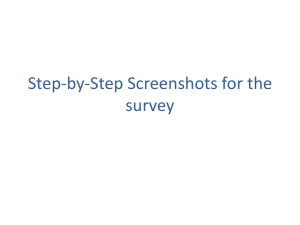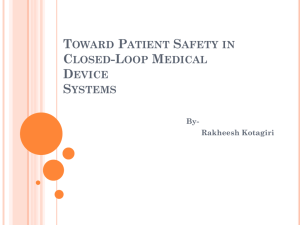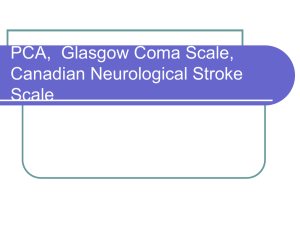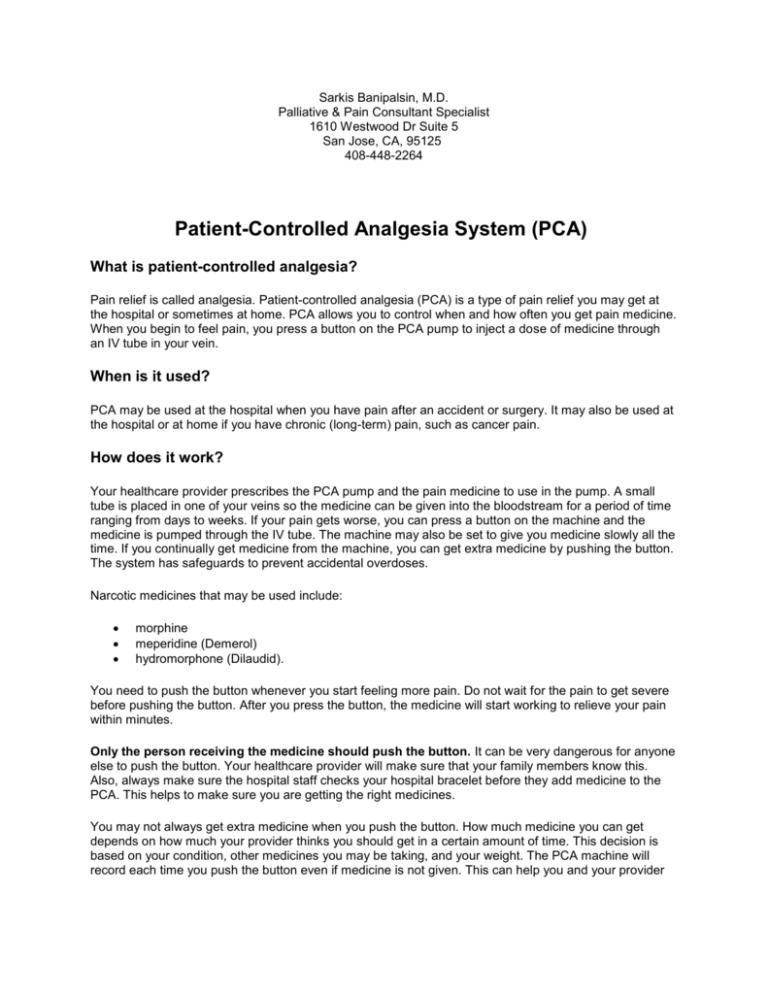
Sarkis Banipalsin, M.D.
Palliative & Pain Consultant Specialist
1610 Westwood Dr Suite 5
San Jose, CA, 95125
408-448-2264
Patient-Controlled Analgesia System (PCA)
What is patient-controlled analgesia?
Pain relief is called analgesia. Patient-controlled analgesia (PCA) is a type of pain relief you may get at
the hospital or sometimes at home. PCA allows you to control when and how often you get pain medicine.
When you begin to feel pain, you press a button on the PCA pump to inject a dose of medicine through
an IV tube in your vein.
When is it used?
PCA may be used at the hospital when you have pain after an accident or surgery. It may also be used at
the hospital or at home if you have chronic (long-term) pain, such as cancer pain.
How does it work?
Your healthcare provider prescribes the PCA pump and the pain medicine to use in the pump. A small
tube is placed in one of your veins so the medicine can be given into the bloodstream for a period of time
ranging from days to weeks. If your pain gets worse, you can press a button on the machine and the
medicine is pumped through the IV tube. The machine may also be set to give you medicine slowly all the
time. If you continually get medicine from the machine, you can get extra medicine by pushing the button.
The system has safeguards to prevent accidental overdoses.
Narcotic medicines that may be used include:
morphine
meperidine (Demerol)
hydromorphone (Dilaudid).
You need to push the button whenever you start feeling more pain. Do not wait for the pain to get severe
before pushing the button. After you press the button, the medicine will start working to relieve your pain
within minutes.
Only the person receiving the medicine should push the button. It can be very dangerous for anyone
else to push the button. Your healthcare provider will make sure that your family members know this.
Also, always make sure the hospital staff checks your hospital bracelet before they add medicine to the
PCA. This helps to make sure you are getting the right medicines.
You may not always get extra medicine when you push the button. How much medicine you can get
depends on how much your provider thinks you should get in a certain amount of time. This decision is
based on your condition, other medicines you may be taking, and your weight. The PCA machine will
record each time you push the button even if medicine is not given. This can help you and your provider
decide how well your pain is being controlled. Nurses and others caring for you will check you and the
pump often and ask about your pain level at those times.
Being hard to awaken and having very slow breathing may be signs that you are getting too much pain
medicine. If you are not getting enough pain medicine, you may be uncomfortable and restless. Make
sure that you tell your provider if you are still uncomfortable a few minutes after you push the button. Your
provider can change the medicine, its dose, or its timing if you are still having pain.
The pump may be battery operated. You may be able to carry the pump around with you when you are
walking. Place the pump outside the tub or shower stall when you bathe or shower.
Your healthcare provider will help you decide how long you will need the pump.
What are the benefits?
You do not have to wait for someone to give you more pain medicine.
You can get pain relief faster. The medicine gets into your bloodstream faster than if you took it
by mouth or were given a shot.
You will not have to have repeated shots of pain medicine with a needle.
You may need less pain medicine.
You may not feel as sleepy as with other medicines and there may be fewer side effects.
PCA pumps have several safety features to help prevent your getting too much medicine.
What are the risks or disadvantages?
Despite the safety features of the PCA pump, care must be taken when giving narcotic pain
medicines. The pump must be carefully programmed by your healthcare provider.
If someone other than you pushes the button for more medicine, you could get too much
medicine, which could cause serious harm.
Narcotic medicine can cause you to breathe too slowly. Because of this, you may not get as
much oxygen as you need. To make sure you get enough oxygen, you will be checked often
while you are receiving PCA.
Narcotic medicine may make you very sleepy too much of the time. If you are very sleepy, your
provider may advise that you wait longer before you push the button again, or you may need a
different medicine or a different dose.
Some people may not be able to use PCA because of their age, mental state, or level of
consciousness.
When should I call my healthcare provider?
Call your provider right away if:
The medicine makes you too sleepy and you still have a lot of pain.
You have nausea, vomiting, or itching.
The place where the tube is in your skin is red, swollen, painful, warm, or bleeding.
The pump's alarm goes off.
If you are going to have PCA after surgery, be sure to talk to your healthcare provider about it before your
surgery.
Developed by RelayHealth.
Published by RelayHealth.
Last modified: 2010-08-23
Last reviewed: 2010-06-01
This content is reviewed periodically and is subject to change as new health information becomes available. The information is
intended to inform and educate and is not a replacement for medical evaluation, advice, diagnosis or treatment by a healthcare
professional.
References
Adult Advisor 2011.1 Index
© 2011 RelayHealth and/or its affiliates. All rights reserved.

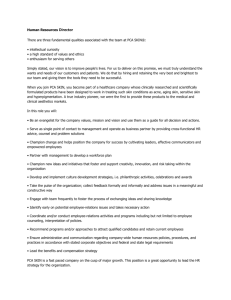
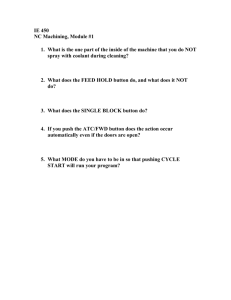
![See our handout on Classroom Access Personnel [doc]](http://s3.studylib.net/store/data/007033314_1-354ad15753436b5c05a8b4105c194a96-300x300.png)

